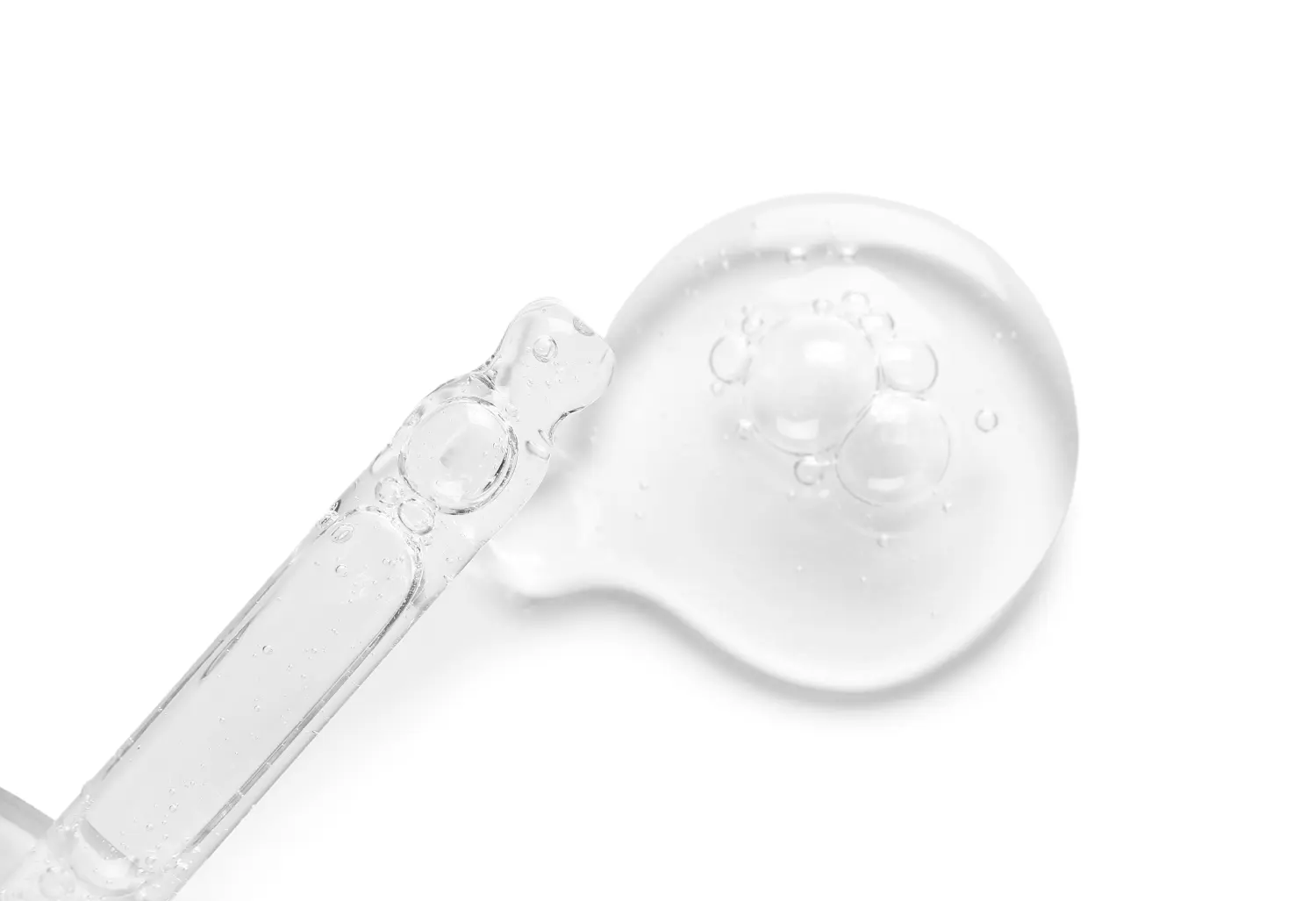 Menopause is a natural phase of life, but it can bring significant physical, emotional, and mental challenges. From hot flashes and sleep disturbances to mood swings and bone health concerns, this transition requires a proactive approach to maintain overall wellbeing.
The good news is that small, intentional lifestyle changes can make a big difference in how you feel during menopause. By focusing on proper nutrition, stress management, and supportive treatments, you can improve your energy levels, mood, and overall quality of life.
Menopause is a natural phase of life, but it can bring significant physical, emotional, and mental challenges. From hot flashes and sleep disturbances to mood swings and bone health concerns, this transition requires a proactive approach to maintain overall wellbeing.
The good news is that small, intentional lifestyle changes can make a big difference in how you feel during menopause. By focusing on proper nutrition, stress management, and supportive treatments, you can improve your energy levels, mood, and overall quality of life.

 From hot flashes and sleep disturbances to mood swings and bone health concerns, menopause can feel overwhelming. The good news? With the right wellness strategies, you can ease symptoms, maintain vitality, and feel your best during this transition.
From hot flashes and sleep disturbances to mood swings and bone health concerns, menopause can feel overwhelming. The good news? With the right wellness strategies, you can ease symptoms, maintain vitality, and feel your best during this transition.

 Hot flashes are one of the most common and frustrating symptoms of menopause, causing sudden waves of heat, sweating, and discomfort. While they are a natural part of hormonal changes, they can disrupt daily life and sleep.
Many women seek natural remedies to manage hot flashes without relying on hormone replacement therapy or medication. The good news is that lifestyle adjustments, dietary changes, and holistic approaches can help reduce their frequency and intensity.
Hot flashes are one of the most common and frustrating symptoms of menopause, causing sudden waves of heat, sweating, and discomfort. While they are a natural part of hormonal changes, they can disrupt daily life and sleep.
Many women seek natural remedies to manage hot flashes without relying on hormone replacement therapy or medication. The good news is that lifestyle adjustments, dietary changes, and holistic approaches can help reduce their frequency and intensity.

 Menopause is a natural transition in a woman’s life, but the hormonal shifts it brings can feel anything but natural. Frustrating symptoms like hot flashes, mood swings, fatigue, and weight gain plague many women. The good news? Achieving hormonal balance during menopause is possible with the right combination of lifestyle changes, natural remedies, and medical support.
Menopause is a natural transition in a woman’s life, but the hormonal shifts it brings can feel anything but natural. Frustrating symptoms like hot flashes, mood swings, fatigue, and weight gain plague many women. The good news? Achieving hormonal balance during menopause is possible with the right combination of lifestyle changes, natural remedies, and medical support.
 Natural Ways to Restore Hormonal Balance
Natural Ways to Restore Hormonal Balance Menopause is a natural transition, but it often comes with frustrating side effects—one of the most common being fatigue. Many women find themselves feeling drained, struggling to get through the day with the same energy they once had.
This exhaustion isn’t just about getting older; it’s linked to hormonal shifts, sleep disturbances, and metabolic changes. The good news? With the right lifestyle adjustments, nutrition, and natural remedies, you can reclaim your vitality.
Menopause is a natural transition, but it often comes with frustrating side effects—one of the most common being fatigue. Many women find themselves feeling drained, struggling to get through the day with the same energy they once had.
This exhaustion isn’t just about getting older; it’s linked to hormonal shifts, sleep disturbances, and metabolic changes. The good news? With the right lifestyle adjustments, nutrition, and natural remedies, you can reclaim your vitality.

 Menopause brings significant hormonal changes that can impact metabolism, digestion, and toxin elimination.
If you're looking for a safe and effective way to support your body’s natural detoxification during menopause, it's essential to focus on gentle methods that align with your body's changing needs. Detoxing the right way can help reduce bloating, improve energy levels, and support hormonal balance—without putting additional stress on your system.
Menopause brings significant hormonal changes that can impact metabolism, digestion, and toxin elimination.
If you're looking for a safe and effective way to support your body’s natural detoxification during menopause, it's essential to focus on gentle methods that align with your body's changing needs. Detoxing the right way can help reduce bloating, improve energy levels, and support hormonal balance—without putting additional stress on your system.

 Menopause brings many changes, and joint pain is one of the most common complaints. As estrogen levels decline, inflammation increases, leading to stiffness, discomfort, and reduced mobility.
Collagen plays a vital role in maintaining joint health, but its natural production decreases with age. Fortunately, research suggests that supplementing with collagen may help reduce inflammation during menopause, supporting joint function and overall well-being.
Menopause brings many changes, and joint pain is one of the most common complaints. As estrogen levels decline, inflammation increases, leading to stiffness, discomfort, and reduced mobility.
Collagen plays a vital role in maintaining joint health, but its natural production decreases with age. Fortunately, research suggests that supplementing with collagen may help reduce inflammation during menopause, supporting joint function and overall well-being.

 Perimenopause is a transitional phase that can bring unexpected changes to your body, mood, and energy levels.
During this time, fluctuating hormones can lead to symptoms like hot flashes, fatigue, weight gain, and mood swings. A well-designed wellness routine can help you regain balance, improve your overall well-being, and make this transition smoother.
Perimenopause is a transitional phase that can bring unexpected changes to your body, mood, and energy levels.
During this time, fluctuating hormones can lead to symptoms like hot flashes, fatigue, weight gain, and mood swings. A well-designed wellness routine can help you regain balance, improve your overall well-being, and make this transition smoother.

 Mammograms are a critical tool for detecting breast cancer, and their importance doesn’t diminish after menopause.
Many women assume that once they reach menopause, their risk of breast cancer decreases or that mammograms become less necessary. However, mammogram menopause screenings remain crucial since postmenopausal women are still at significant risk. Regular screenings play a vital role in early detection and treatment success.
Understanding how menopause affects breast health can help women make informed decisions about their screening routine.
Mammograms are a critical tool for detecting breast cancer, and their importance doesn’t diminish after menopause.
Many women assume that once they reach menopause, their risk of breast cancer decreases or that mammograms become less necessary. However, mammogram menopause screenings remain crucial since postmenopausal women are still at significant risk. Regular screenings play a vital role in early detection and treatment success.
Understanding how menopause affects breast health can help women make informed decisions about their screening routine.

 Menopause brings many changes, and, unfortunately, digestive issues—especially constipation—are among the most common but least talked about. Hormonal shifts can slow digestion, alter gut bacteria, and make bowel movements more difficult, leaving many women struggling with discomfort.
The good news? With the right dietary choices, lifestyle adjustments, and natural remedies, you can keep your digestive system running smoothly through menopause.
Let’s start with understanding why menopause affects digestion in the first place.
Menopause brings many changes, and, unfortunately, digestive issues—especially constipation—are among the most common but least talked about. Hormonal shifts can slow digestion, alter gut bacteria, and make bowel movements more difficult, leaving many women struggling with discomfort.
The good news? With the right dietary choices, lifestyle adjustments, and natural remedies, you can keep your digestive system running smoothly through menopause.
Let’s start with understanding why menopause affects digestion in the first place.

Related Articles
* These statements have not been evaluated by the Food and Drug Administration. This product is not intended to diagnose, treat, cure or prevent any disease.